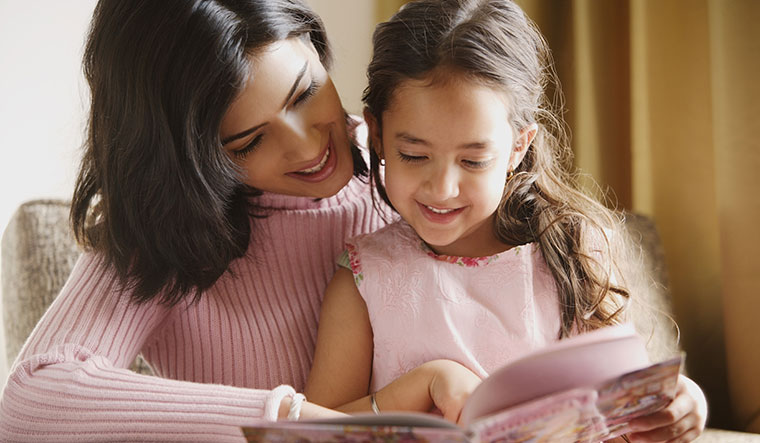Give me a dozen healthy infants, well-formed, and my own specified world to bring them up in and I will guarantee to take any one at random and train him to become any type of specialist I might select—doctor, lawyer, artist, merchant-chief and, yes, even beggar-man and thief—regardless of his talents, penchants, tendencies, abilities, vocations and race of his ancestors.
- John Watson, founder of modern behaviourism
No doubt, Watson overstated his point. While genes and environment contribute to a child’s overall development, studies in the last three decades have shown the significant role of environmental stimulations of early years in the development trajectory of human life. You cannot do much about genes but you can surely provide the right environment for your child's growth and development. It is during the first eight years that children develop the cognitive, physical, social and emotional skills that they need to lead a healthy life. The responsibility, therefore, lies on the shoulders of parents and teachers.
Evolution-based studies highlight that young children are most receptive to significant adults—parents, teachers, and caregivers—probably because of their high dependence on them for physical, social and emotional needs. Moreover, the brain development is happening at a rapid speed in children in the early years. By the age of six, 85 per cent of human brain development is complete.
In addition to that, human development is a holistic endeavour. Development in one particular domain is actually a result of multidisciplinary actions. For example, chewing food by an infant is physio-motor development but is rooted in various functions of the brain, like cognitive. Therefore, the best development of children happens when they are given optimal stimulation in every developmental domain.
Apart from family atmosphere, the most crucial agent in holistic and healthy development of young children is preschool. The most obvious impact of schooling and teachers is seen in intellectual and cognitive growth of children. But the most important offering of formal schooling is the social stimulation given to children through group settings.
During the last quarter century, there has been a significant change in the social system of urban India. There is a clear shift from joint family system to nuclear family. Cars are getting bigger and homes are getting smaller. Recent social studies of urban India indicate 88 per cent homes have four members with no senior citizens and just 11 per cent homes in metros have more than two children. In this dearth of child-to-child interaction at home, preschool teachers and peers are the saviours. The art of socialisation is learnt in community dining and group activities in classrooms.
The first and foremost way to develop healthy individuals and rightfully cater to young minds is to understand the significant role that teachers play in children’s lives. Teachers need to be well aware that their professional efforts are impacting the future of the country. It is not just a job, but it is actually building the nation. Teachers are today’s heroes who are shaping tomorrow’s heroes. And to carry out such a consequential task on a daily basis, teachers need to invest in their own physical and emotional health.
Studies have shown that children need to learn basic life skills like self-control, behaviour management and emotional regulations in the early years to be “successful” in later years. Self-regulation lays a foundation for a child’s long-term physical, psychological, behavioural and educational well-being. Academic success and higher order brain functioning are very much a result of a stress-free mind. And to develop stress-free minds in classrooms, teachers need to cater to their own emotional health. So the mantra for significant adults around young children is: self-care is not selfish. Rather, invest in yourself before you invest in others.
Children learn best in stress-free and playful environment. Be it home or in classroom, the brain best functions in cheerful and stimulating environment. Moreover, to provide the right kind of exposure to curious minds of young children, teachers need to hone their skills at regular intervals. Like any other profession, it is important for preschool teachers to stay abreast with latest developments in the field of early childhood care and education. Teachers in India need to develop a strongly connected network and should share best practices with each other. Thought leaders and policy makers of our country need to join hands in providing such platforms to early childhood professionals.
In today’s world, there is a growing momentum for investment in early childhood care and education across the globe, and India is no exception. The significance of early years in healthy development of human life is beyond debate now. It is high time that as a nation we focus on developing healthy children who will define the health of the country in coming years.
A child psychologist and family counsellor, Yadav is head of training and development at KLAY (Kids Learning And You) schools.



